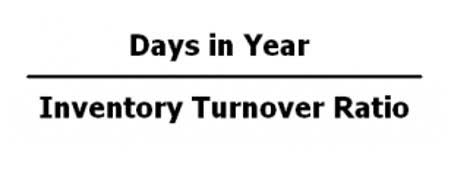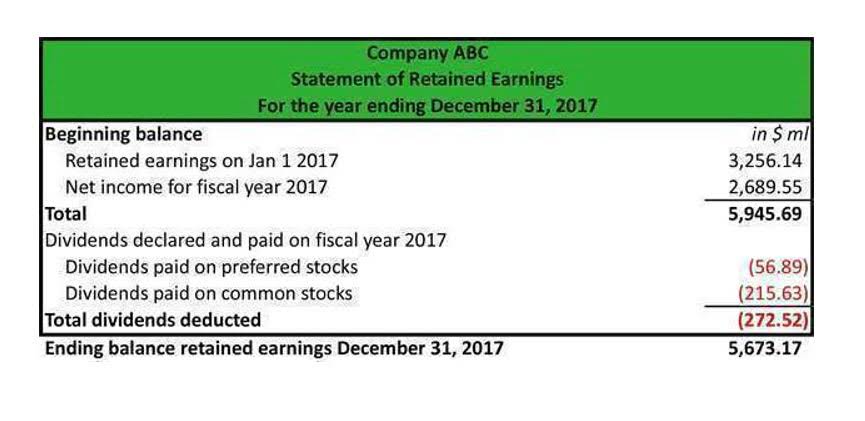Content
- Step 4: If required to collect sales tax, determine requirements for the state(s) and local governments
- Dropshipping and Sales Tax: who collects, who pays?
- Dropshipping Taxes and Payments – Must-Know Facts
- Who collects sales tax, you or the supplier?
- How to Charge Taxes on a Shopify Dropshipping Store?
- What If Your Supplier Is Requesting Resale Certificate Documentation?

Then you must collect and remit sales tax in all states where you’re registered. Some states tax the full retail price of the transaction, drop shipping sales tax and other states only require taxing the wholesale price. In the United States, sales tax is imposed on the final consumer.
The thing is, federal income tax is still a bit of a headache. As a dropshipper, you’ll likely need to file both annually and quarterly. This means you have to pay https://www.bookstime.com/blog/travel-agency-accounting the IRS several times a year instead of a lump sum all at once. The thing is, Shopify will collect sales tax for you, but you must configure your store to do so.
Step 4: If required to collect sales tax, determine requirements for the state(s) and local governments
This guide will give you everything you need to know to start selling now. Bear in mind that state policies can change; Tennessee recently began accepting exemption certificates issued by other states where previously it did not. If Chair Maker has nexus with Washington, Chair Maker is making an interstate sale to Furniture Four. Chair Maker must document the exempt nature of the sale by keeping shipping records that demonstrate the goods were delivered to Furniture Four’s customer outside of Washington.

Since you didn’t live in any state, you’d have no nexus in the first place. The next thing you should do is go to the Sales tax section and select Collect sales tax. Then, enter your tax number in the Tax number field, and click to collect tax. Your business has to charge GST or HST in Canada unless it qualifies as an exception. That’s why it is crucial to understand the exceptions and the requirements for charging, collecting, and remitting this kind of tax in the country.
Dropshipping and Sales Tax: who collects, who pays?
For the most part, when a retailer buys a product from a Supplier, that purchase is tax exempt because the product was bought for resale. But, the states want to collect their tax, and in their eyes, someone has to pay up. So if the Retailer does not have sales tax nexus in the state where the product is purchased, the Supplier may be on the hook to collect and pay sales tax. The primary rule is a resale certificate for the ship to state issued by the retailer.
They add that item to their cart, fill in their address, and then provide their payment information. And this is where the dropshipping payment processors come into play. Well, it depends on whether your dropshipping business is based in the European Union or not. In the United States, they vary based on the state where your customers live and can range from no tax to as high as 11%. Similar to sales tax, our suppliers impose a percentage-based charge on the total purchase amount, which typically averages around 10%.
Dropshipping Taxes and Payments – Must-Know Facts
Vendors (in this case, dropshippers) serve as agents that collect the tax on the state’s behalf. As the sales tax is mainly the end consumer’s responsibility, vendors do not absorb the tax. They have to separately state the tax on the invoices or receipts they give to their buyers. Moreover, as a dropshipping store owner, the amount of income tax you have to pay depends on your profit and the location of your business.
- Oftentimes, the terms a seller’s permit and a business license are used interchangeably.
- Because you don’t have a resale certificate and get one in these 10 states, you must be registered first.
- Once the resale certificate is issued, the drop shipper is relieved of the responsibility to report and pay the tax.
- Usually you do not need to pay sales tax on the orders you make from your suppliers.
- Furniture Four must document the exempt nature of the sale by keeping records that demonstrate Chair Maker was instructed to deliver the goods directly to its customer outside of Washington.

